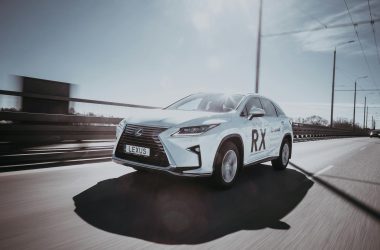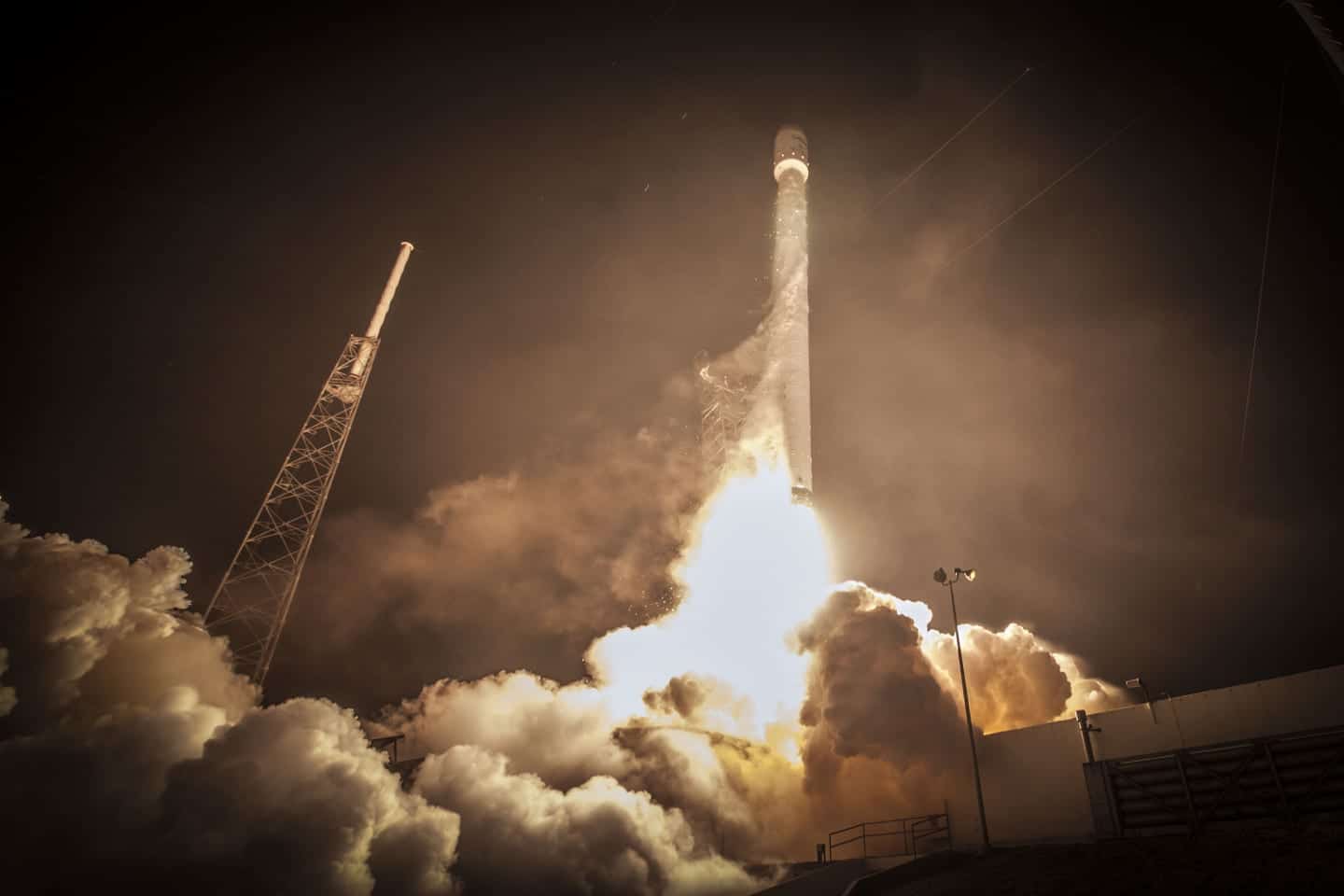Electric vehicle battery technology is usually of the lithium-ion chemistry, and it costs $400 to $500 USD per kWh, down from $1,000 a few years ago. They have certainly made strides, and they are set to make even bigger strides in the near future, possibly to $100 per kWh of batteries.

Image Credit: Kompulsa.
Tesla Motors has aimed to reduce the cost of lithium-ion battery technology by 30% via their Gigafactory. However, Elon Musk thinks that is conservative, and said that he would be disappointed if he didn’t achieve a battery cost of $100/kWh within 10 years. The Tesla Gigafactory will also hire up to 6,500 people.
The Tesla Gigafactory Could Make Electric Vehicles Cheap
The Tesla Gigafactory should reach its full capacity of in 2020, which is 35 GWh of lithium-ion cells, and 50 GWh of battery packs per year, enough to produce 500,000 electric vehicles per year.
The Tesla Gigafactory’s cost reductions could lead to a Nissan Leaf battery pack that costs only $2,400, as opposed to the $5,500 it costs now (after a $1,000 discount for turning in the old pack). Nissan Leaf vehicles could cost as little as $18,410 after federal tax rebates at that price!
Also imagine a Tesla Model S 85kWh (265 miles on average) battery pack that costs only $8,500. Compare that to the (estimated) $17,000 to $21,250 that it costs now. Please note that $21,250 translates to an unusually low cost of $250 per kWh.
That $12,750 cost reduction could reduce the cost of the 85 kWh model from $79,900 to $67,150, and that is an awfully nice car.
This cost reduction is likely to lead to the use of larger capacity batteries to extend electric car range to a few hundred miles.
That Much Additional EV Range Isn’t Necessary – It’s Time To Be More Fair To Electric Vehicles
Gasoline-powered vehicles can achieve over 300 miles per tank on average, but that doesn’t mean that they must have that much range. Electric vehicles do not need that much range either.
Most people drive less than 30 miles per day, so most of the electric vehicles on the market can cover that range, including the (relatively) low-priced Fiat 500e and the Nissan Leaf vehicles.
Electric vehicle owners wake up to a full ‘tank’ every morning: Gasoline-powered vehicles cannot refill their tanks automatically every night like electric vehicles can. You have to drive to a gas station and sit their until it refills.
Electric vehicles can charge overnight while you’re fast asleep.
Think about the average range a Tesla Model S could get per day, compared to that of a gasoline-powered vehicle. People don’t want to visit odorific gas stations frequently, so they wait until they’re running low on gas to stop by.
Most of the time, gasoline-powered vehicles have only a fraction of their 300-mile range, because their tanks aren’t kept full.
Source: Green Car Reports.








